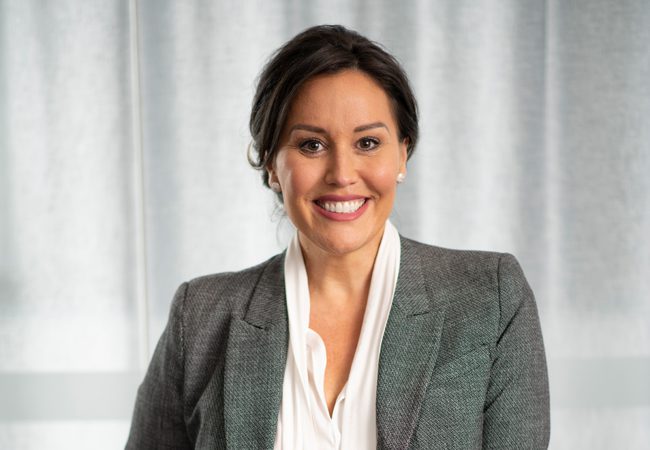Separation
Under Australian Family Law, separation is the act of ending a marriage or de facto relationship. The following are required for separation to occur:
- There is a decision made by one (1) of the parties to a relationship to end that relationship (the decision need not be mutual),
- The person communicates their decision to the other person in the relationship, and
- The parties physically separate (either to separate residences or under the one (1) roof).
Quite often the date of separation is easy to determine as the decision to end the relationship is clearly communicated followed by one (1) party moving out of a shared residence.
Sometimes, separation can be difficult to establish because the decision to end the relationship has not been clearly communicated on a particular date. Also, due to financial constraints, children or other factors, after separation the parties may continue to live together under the one (1) roof. In these cases, the date of separation can usually still be established by examining the day-to-day lives of the parties to determine whether the couple has actually separated. These include:
- Whether the parties shared a room or slept in separate rooms after the alleged date of separation,
- Whether the parties separated the conduct of their financial affairs,
- Whether parties performed domestic duties together or separately such as cleaning and washing for each other,
- Whether or not either of the parties lodged or signed any documents informing government agencies of the separation, such as Applications for Centrelink or ATO documents as a single person, as opposed to a person in a relationship,
- Whether or not the parties continued to be intimate, and
- Whether it was known in general society (such as by telling friends and family), that the parties had separated.
Date of Separation
The date of separation is important as there are important timeframes which are determined by the date of separation. These include:
To obtain a Divorce Order, it must be established that there has been irretrievable breakdown of the relationship by the separation of the parties for at least 12 months prior to making an Application for Divorce. If the parties cannot prove that they have been separated for 12 months, they will have to wait until this can be proven to apply for a Divorce.
If the parties are not married, there are also important consequences of the date of separation for de facto couples:
- Generally, a person who has been in a de facto relationship cannot seek a Property Division and/or Spousal Maintenance unless they can prove the relationship lasted two (2) years or more, and
- Where the de facto relationship has lasted at least two (2) years, a person has a 2-year time limit from the date of separation to seek a Property Division and/or Spousal Maintenance.
The date of separation can be important whether in a de facto relationship or a marriage during a Property Division as:
- Any property or debts accumulated by a party after separation are usually treated differently to property or debts accumulated before separation,
- Child Support is payable only after separation, and
- A person’s entitlement to Centrelink and Medicare benefits can change as a result of separation.
Separation requires no legal processes or documentation. You cannot register a Separation, but you may need to inform agencies such as Medicare, Centrelink and the Child Support Agency that you have separated.





























































